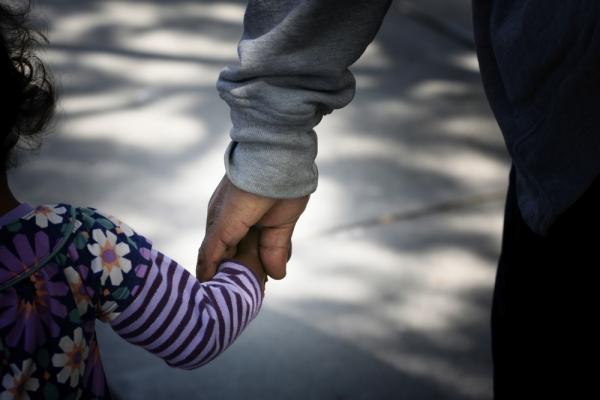Mar 26, 2019
Being a parent is to get a front row seat to the construct of being human — from the intense physical engagement of a variety of bodily functions — feeding, pooping, bathing — to emotional regulation, and profound spirituality. As I argue in my book, parenting children is one of the most critical strategies in creating justice, beauty, and carrying out the work of God in our world.
Read the Full Article

Already a subscriber? Login
